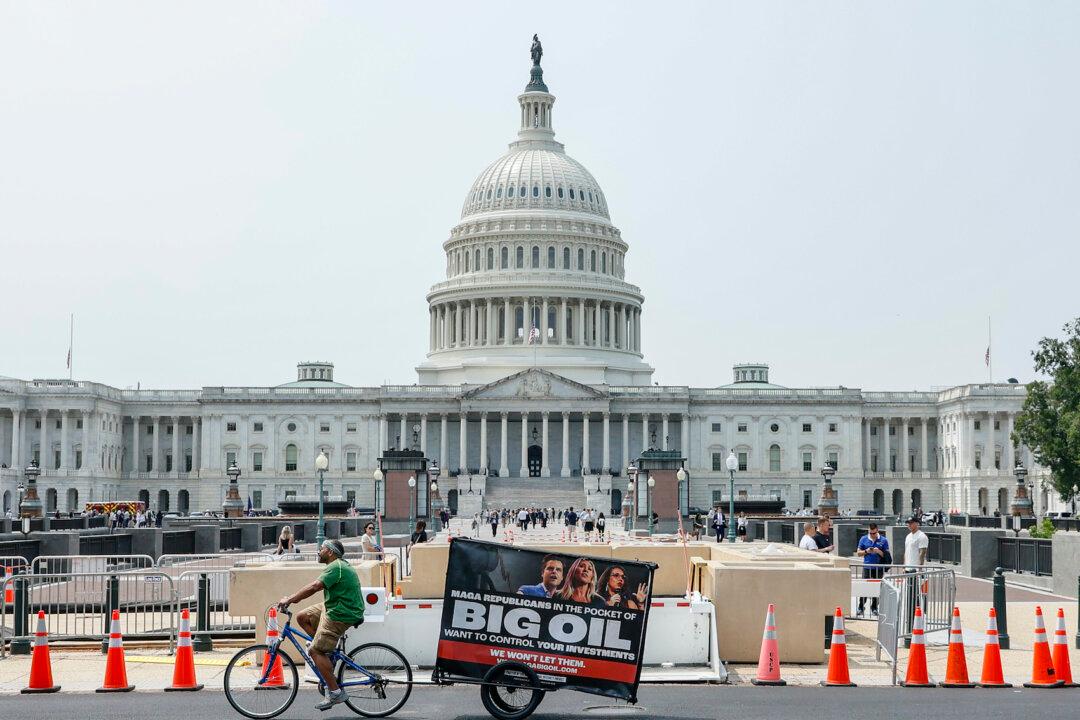The inflow of billions of dollars into ESG funds, which accelerated rapidly over the past decade, appears to now be stalling.
According to a report by Morningstar (pdf), a fund analytics firm that’s also among the top environmental, social, and governance (ESG) rating agencies, the number of “sustainable” funds available to investors increased by 12 percent from 2021 to 2022, but “flows into U.S. sustainable funds sank to $3.1 billion in 2022, their lowest level in seven years.”





